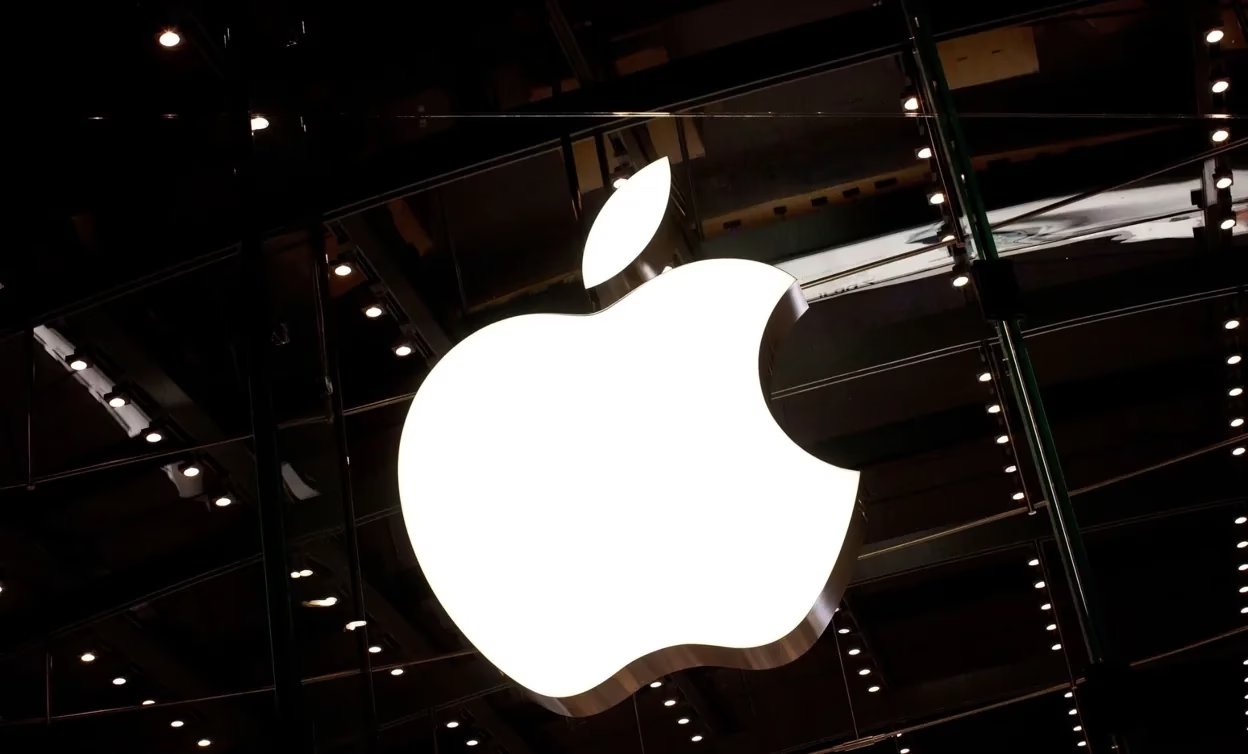Apple (AAPL.O) has introduced its first custom-designed modem chip, marking a significant shift in its wireless connectivity strategy and reducing its dependence on Qualcomm (QCOM.O). The new chip debuts in the $599 iPhone 16e, unveiled on Wednesday, and is set to be integrated into future Apple products over time.
The modem is part of Apple’s newly developed C1 subsystem, which houses key components such as processors and memory. The iPhone 16e, powered by the A18 processor, boasts the best battery life of any 6.1-inch iPhone, thanks to the C1 system, according to Apple’s VP of iPhone product marketing, Kaiann Drance. The device will also feature Apple’s latest AI-driven capabilities.
A Complex and Advanced Wireless Platform
Apple’s new modem chip, built with advanced 4-nanometer and 7-nanometer technologies, underwent rigorous testing across 180 carriers in 55 countries to ensure global compatibility. The C1 subsystem is designed as a long-term platform that Apple will refine and enhance with each generation, said Johny Srouji, Apple’s SVP of hardware technologies.
One of the key advantages of Apple’s in-house modem is its seamless integration with the iPhone’s processor. For instance, in congested network conditions, the iPhone can prioritize time-sensitive data, making the device feel more responsive. Additionally, the chip features custom GPS and satellite connectivity, ensuring communication even in areas without mobile networks.
Gradual Transition from Qualcomm
Apple has historically relied on Qualcomm for modem chips, despite past legal disputes. Qualcomm currently supplies 100% of Apple’s modems, but industry analysts expect that share to drop to as low as 20% by next year. However, Apple’s C1 chip does not yet support millimeter-wave 5G, a Qualcomm stronghold. Apple executives declined to specify when their modem would support this technology or how quickly Qualcomm’s chips would be phased out.
Despite the announcement, Apple shares remained largely unchanged, while Qualcomm’s stock saw a slight 1% increase. Apple emphasizes that its focus is not on competing with Qualcomm or MediaTek but on creating a wireless technology that uniquely enhances its own ecosystem.



